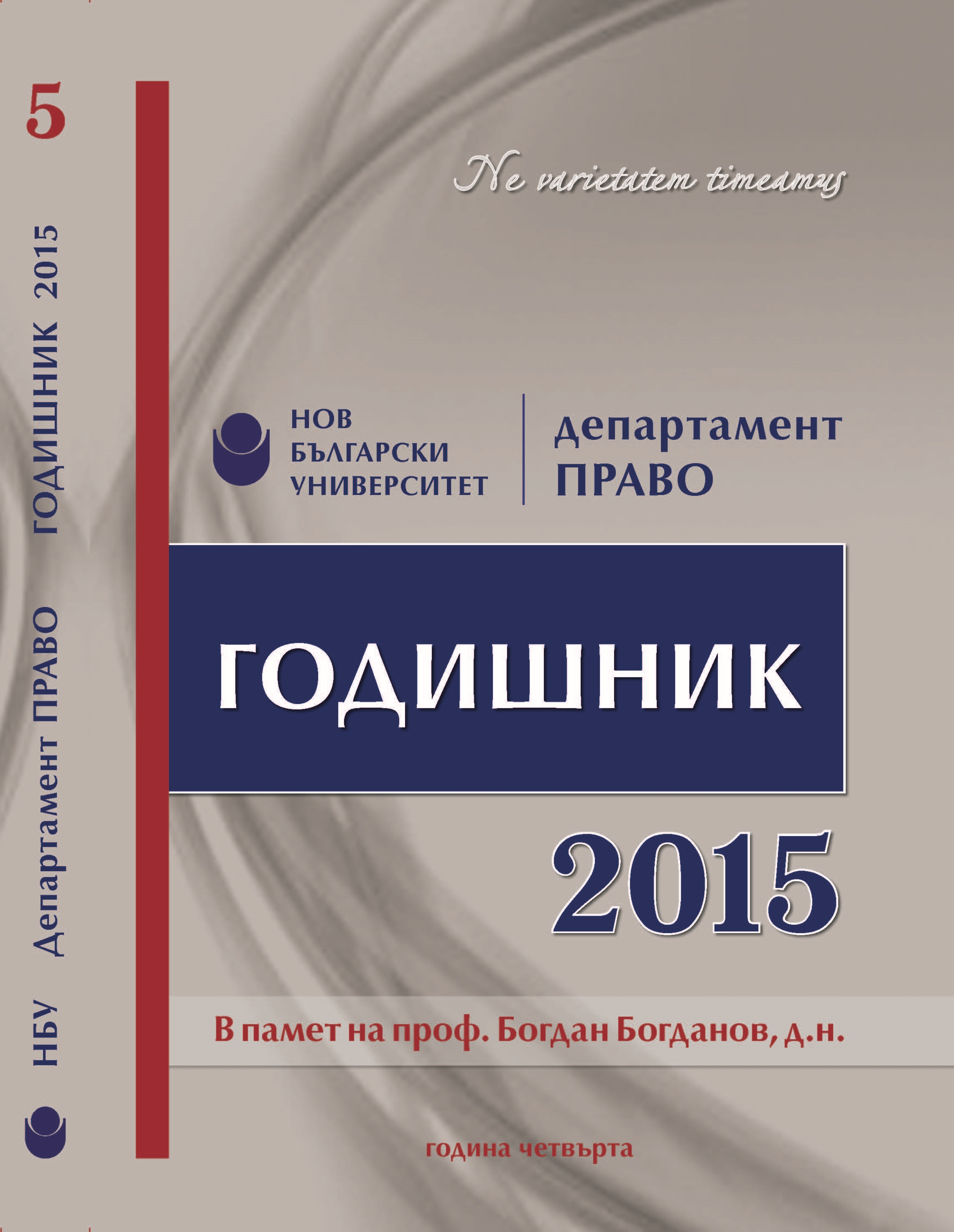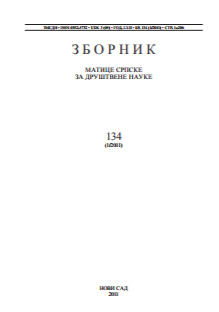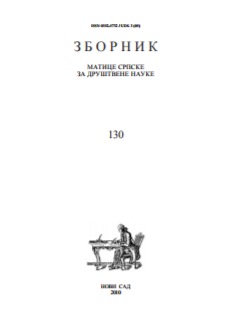Author(s): Janko Drča / Language(s): Serbian
Issue: 131/2010
Europe, in which the process of demographic aging is the most expressive one (from 25 countries with the oldest population in the world, 24 are from Europe), recognized and defined the numerous documents of its policy and attitude towards the problems of aging population, position and rights of older persons, and therefore the social protection of these persons. It is particularly noted that in the year 2030 the number of 80 — year-old people will be doubled, and that, among other things, inevitably carries an increased demand for care (general and medical) and further development of various forms of social and health care of these people. Therefore, the EU countries are planning significant increases in participation costs for social protection in the country's GDP and development of all existing and establishing new forms of social protection of older persons. Their goal is clear: to enable the elderly to remain active members of society, to live a dignified life and to play an active role in public, social and cultural life, to freely choose their style of life and to live independent lives in their family environment, to guarantee life for elderly people in the institutions of social protection were thay would have adequate support and respect and possibility to participate in decisions concerning living conditions in the institution. That is why it insists on raising public awareness and improving the scientific understanding of the need to respect the high level of civil and social rights and freedoms of older persons, especially the development of various non-institutional forms of social care, inclusive social development and inclusion of elderly, providing a high quality of life at old age, developing inter-generational solidarity, development of prevention measures and actions to mitigate adverse environmental impacts, the multidisciplinary approach, financial sustainability, and decentralization of the system.
More...














